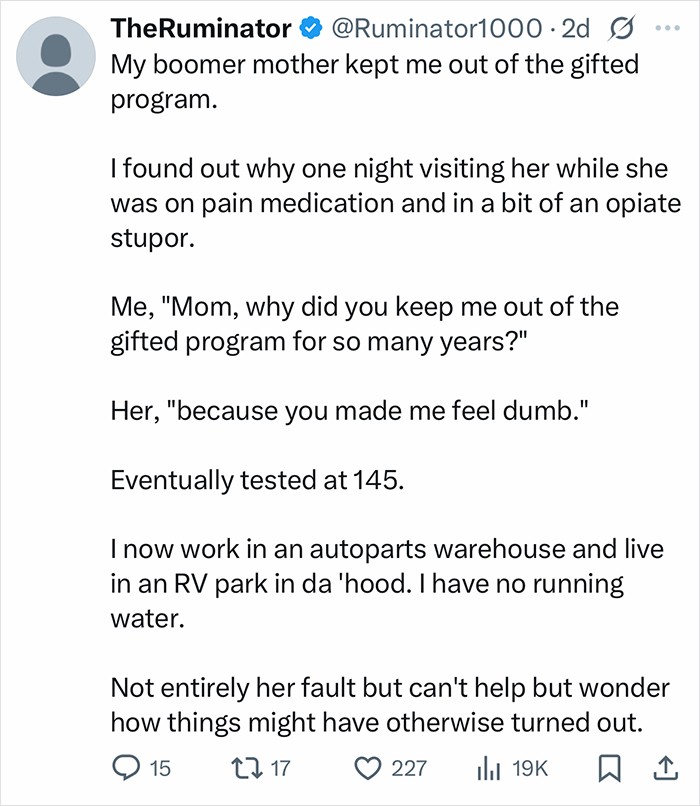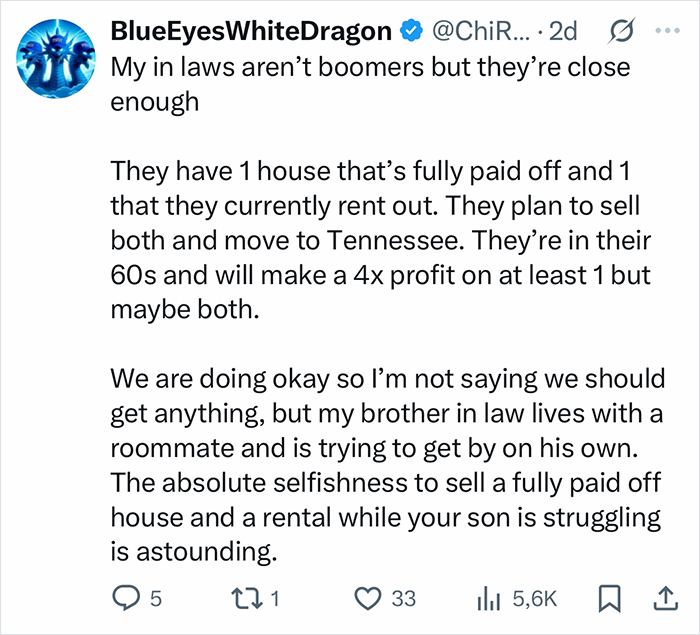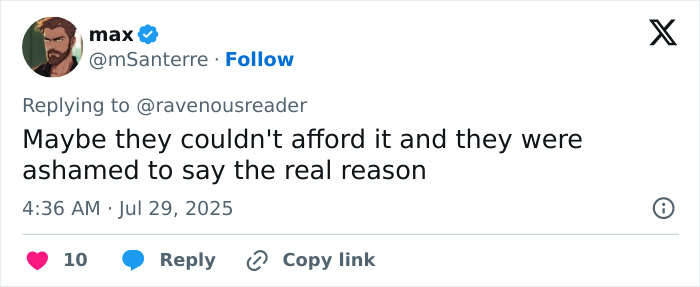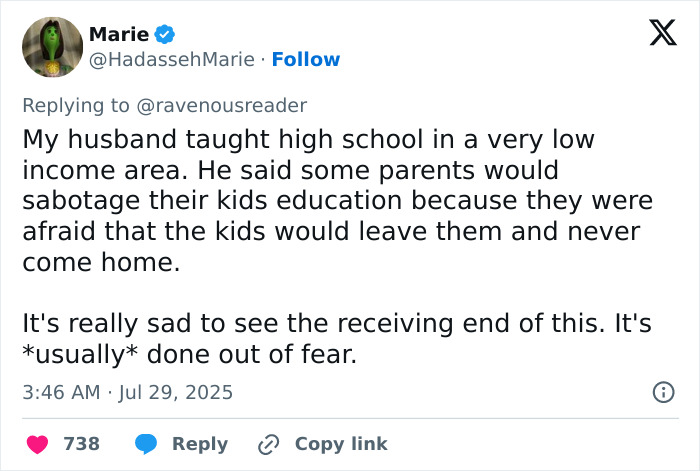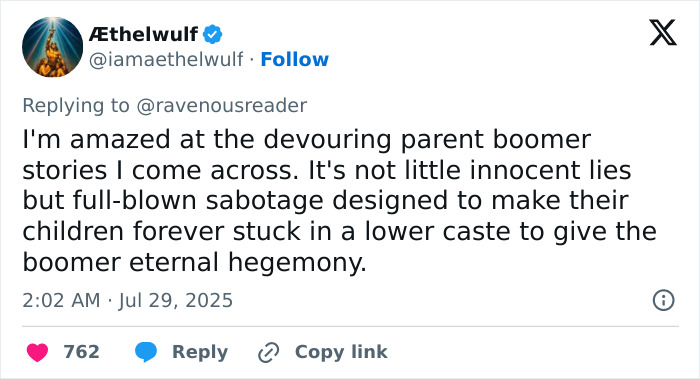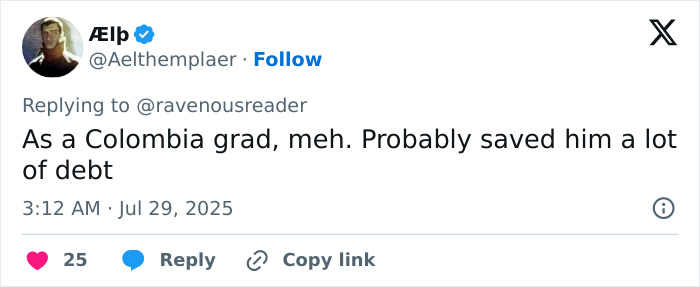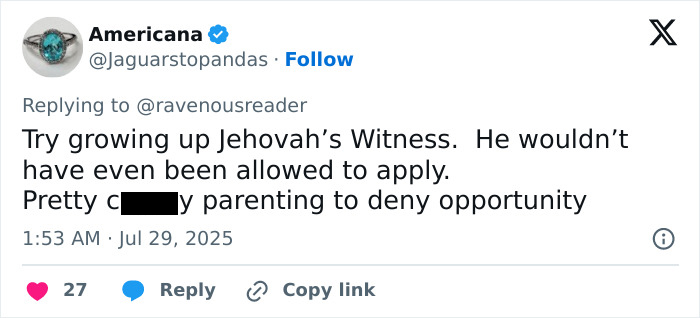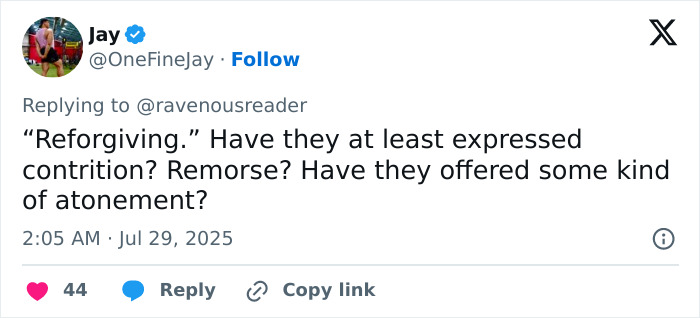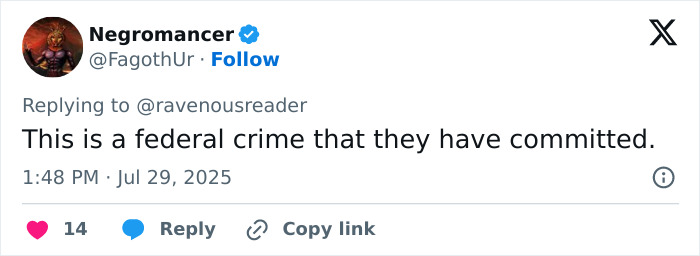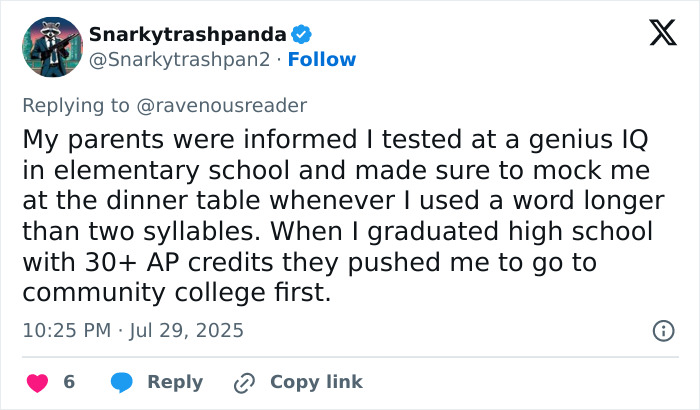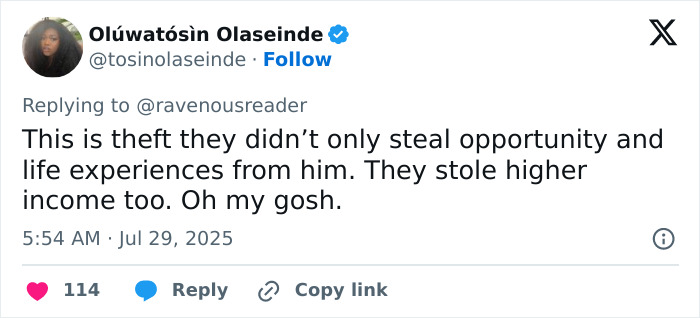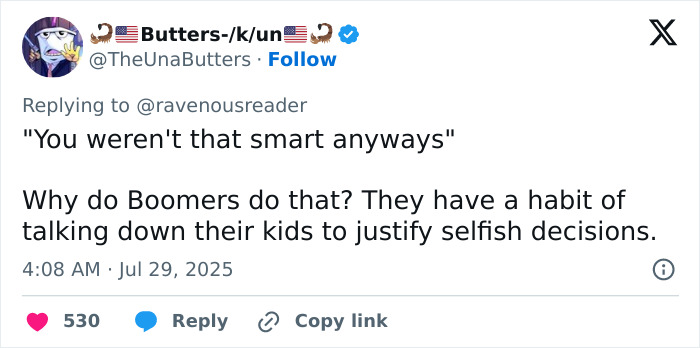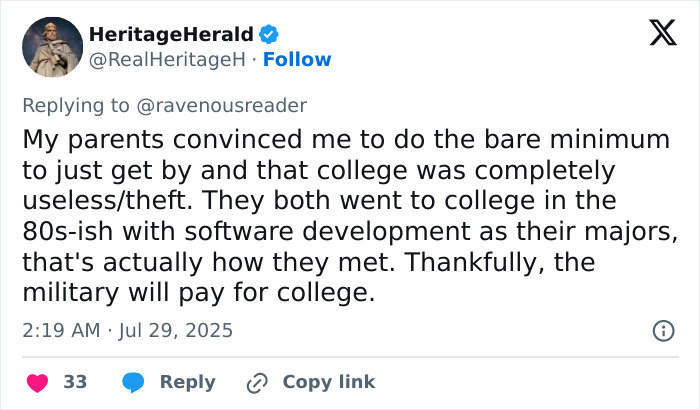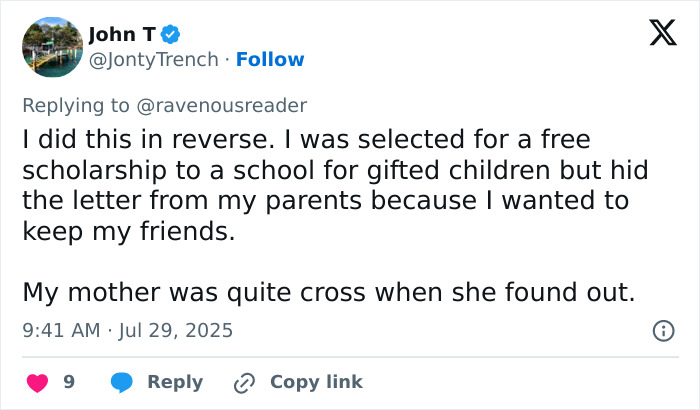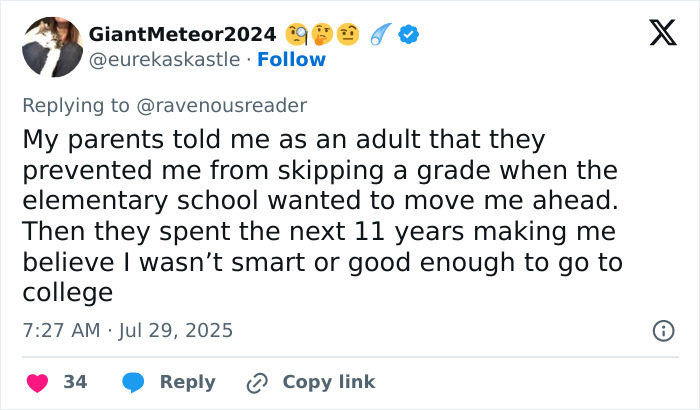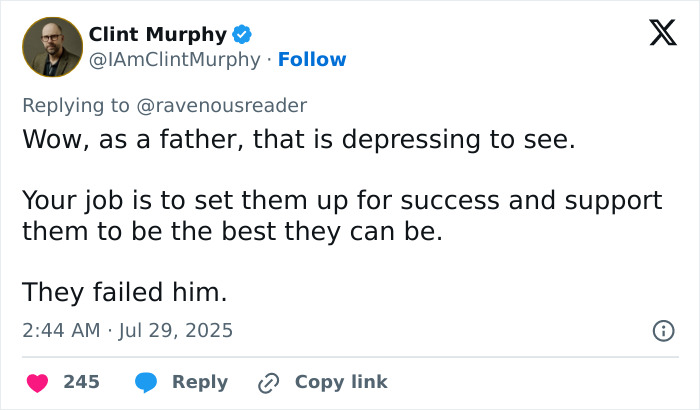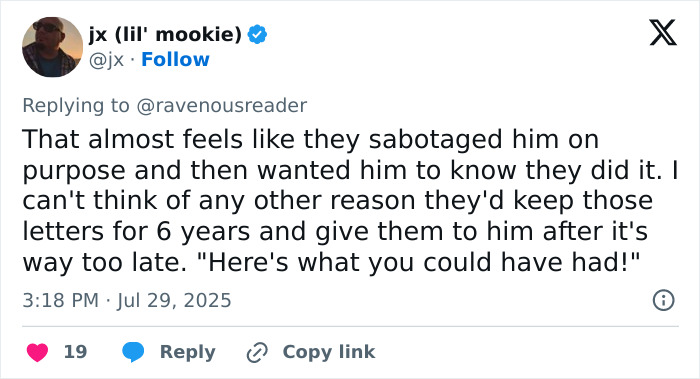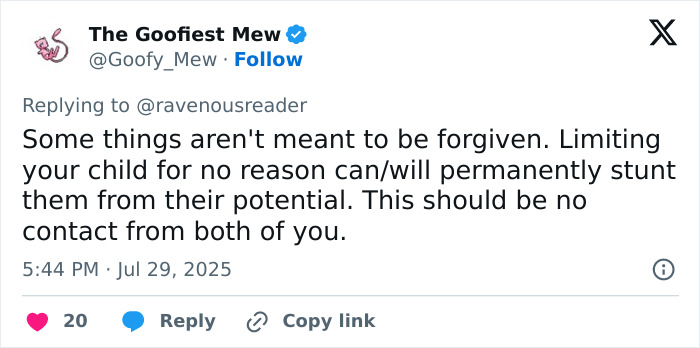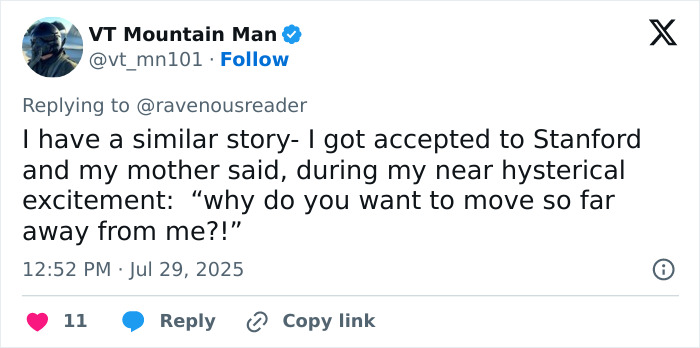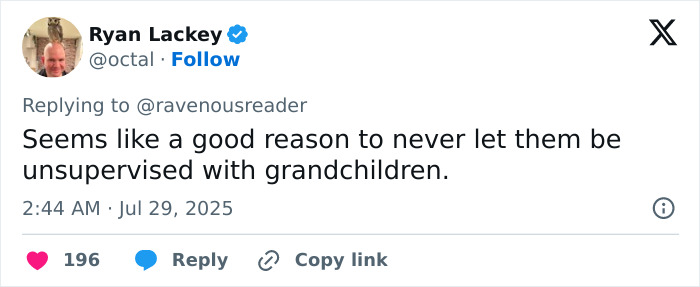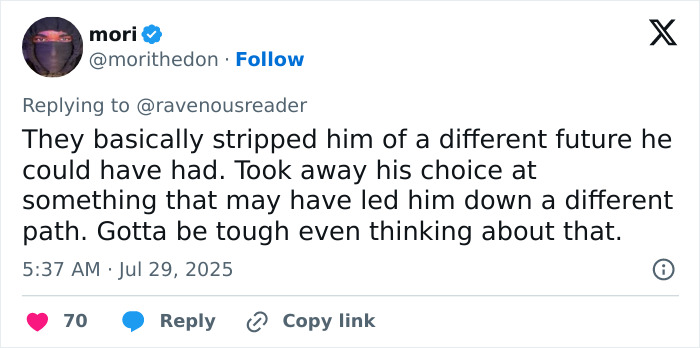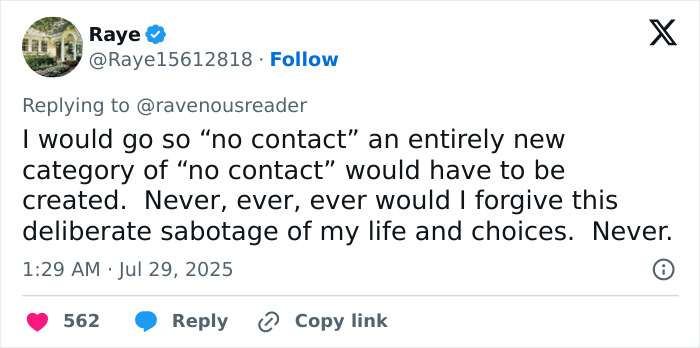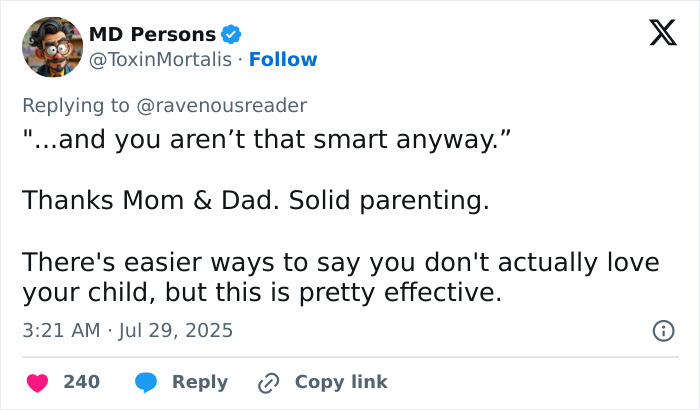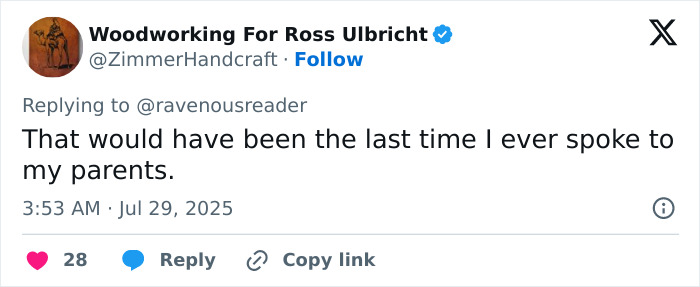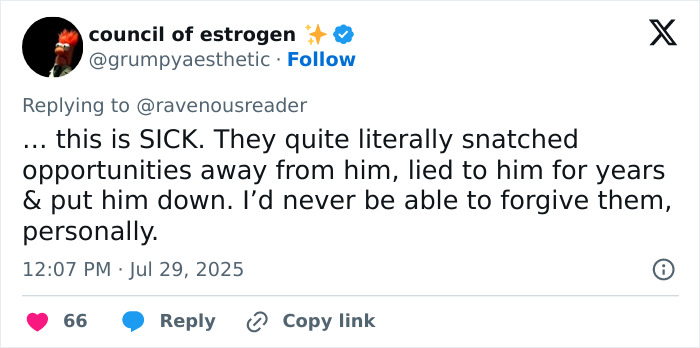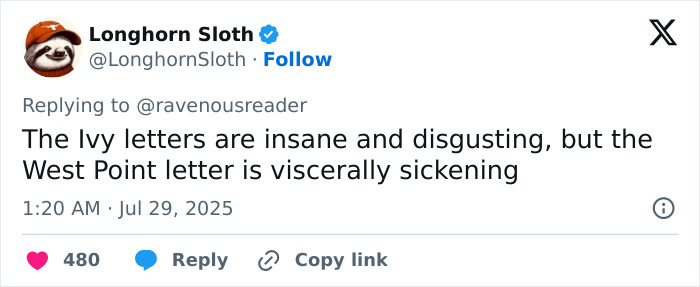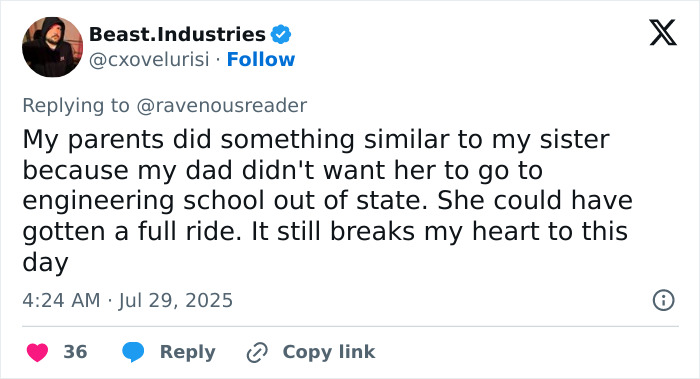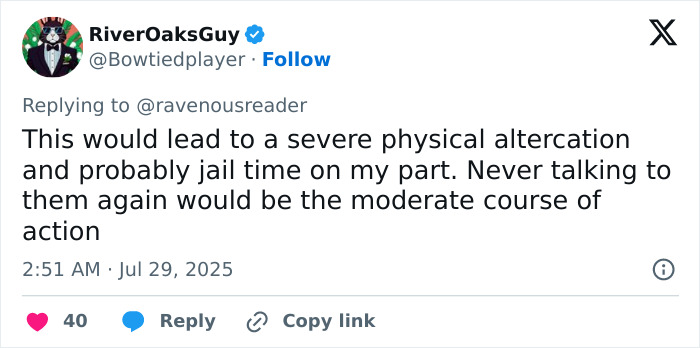Parenting is about giving your children the best chance at life to succeed. Some go out of their way by immigrating to other countries where they don’t know the language or working three jobs. Yet others don’t take that many sacrifices and sometimes even act quite narcissistic.
These parents literally took away their 17 year-old son’s chance at a better life when they hid his athletic scholarship letters. In a strange power move, they decided to share them with him seven years later, when the guy was 24. This story sparked an online debate about why some parents take away opportunities from their kids and how family relationships might be affected after something like that.
These parents lied to their 17 Y.O. son that he didn’t get into the best universities in the country and only told him only 7 years later
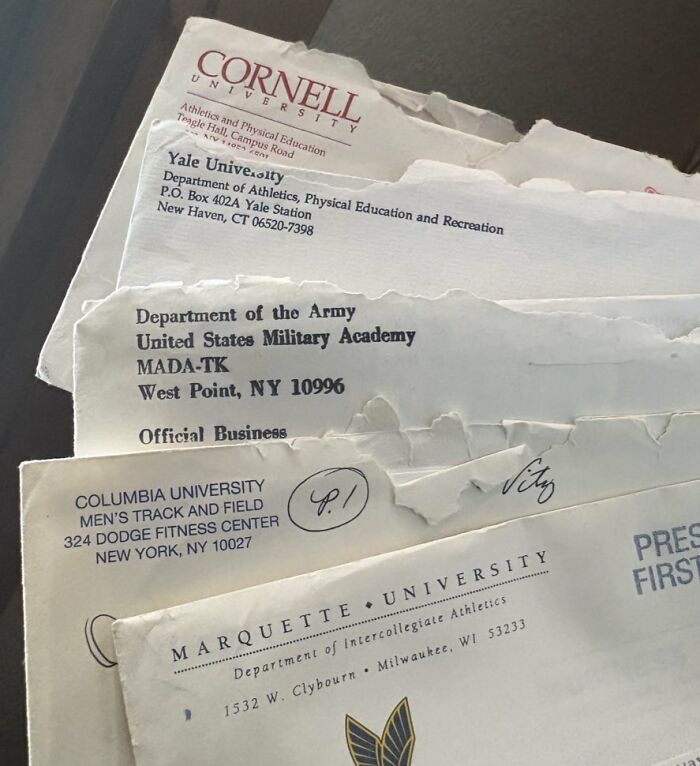
This story was shared by his wife: “I am constantly reforgiving them”
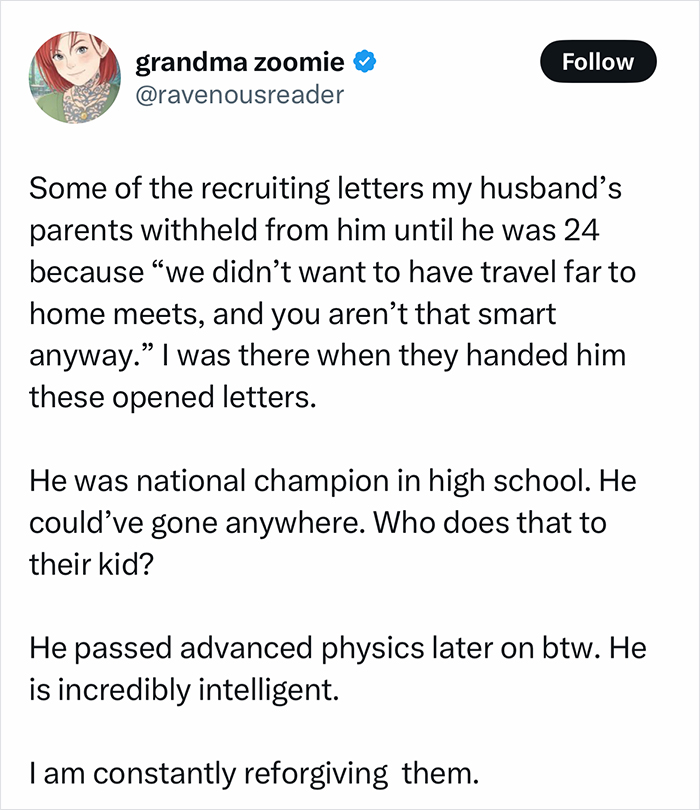
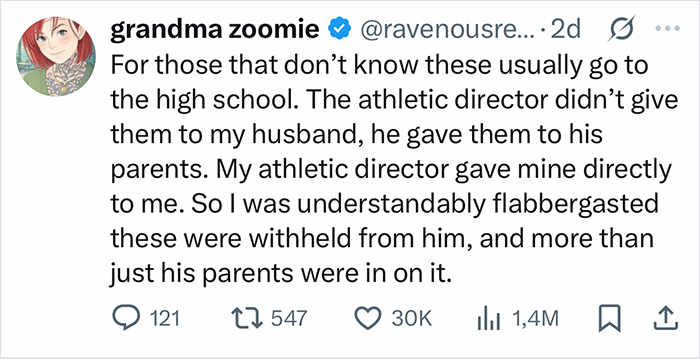
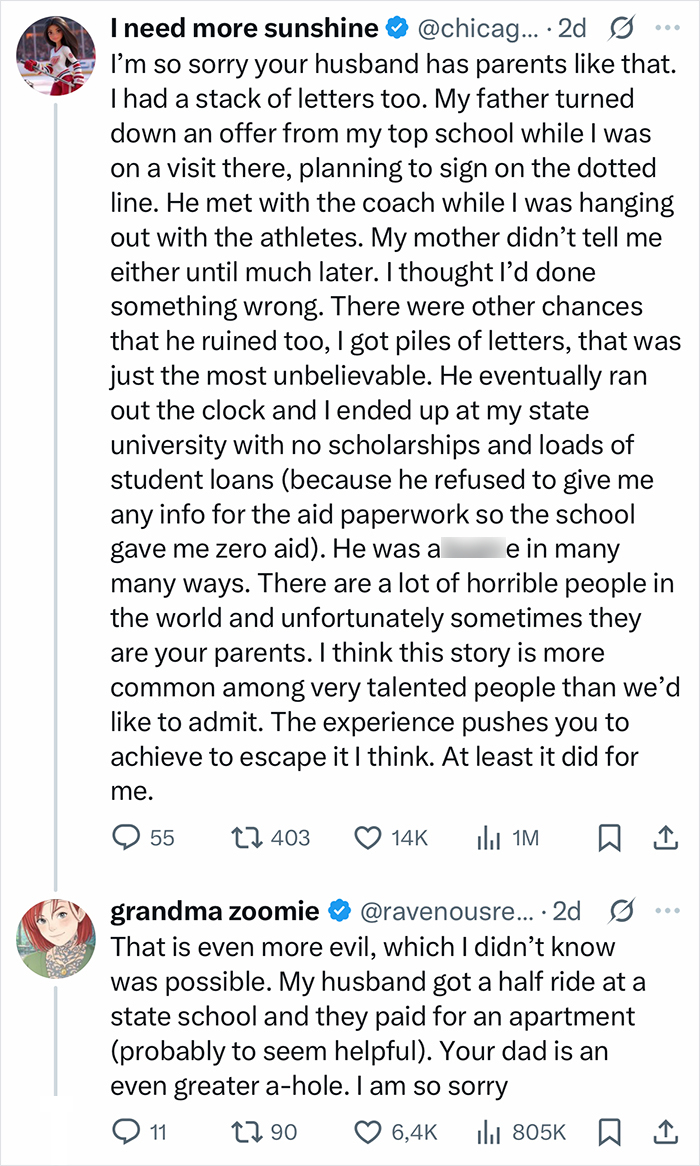
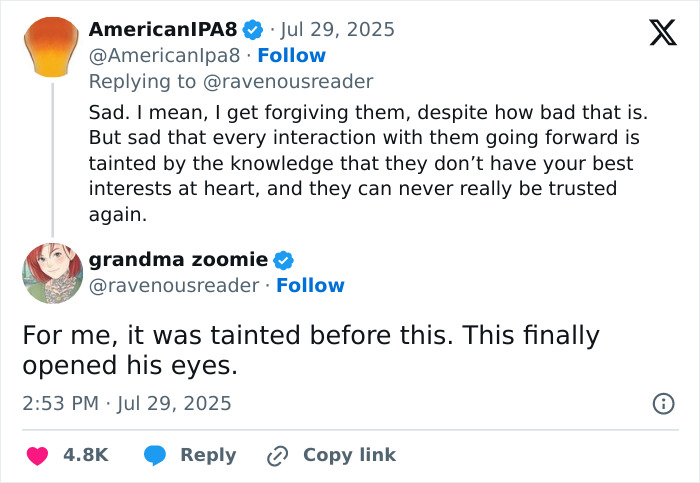
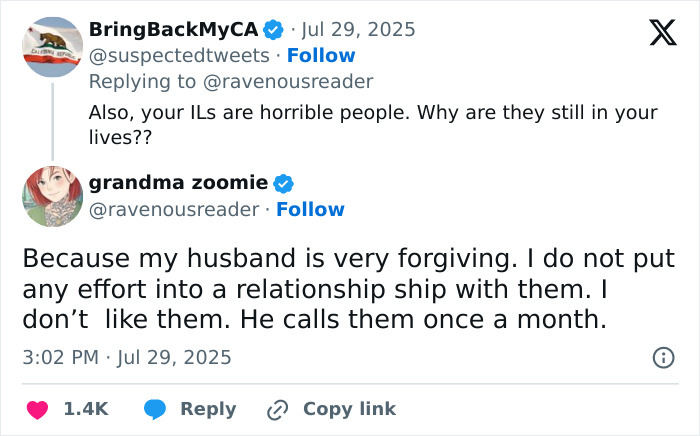
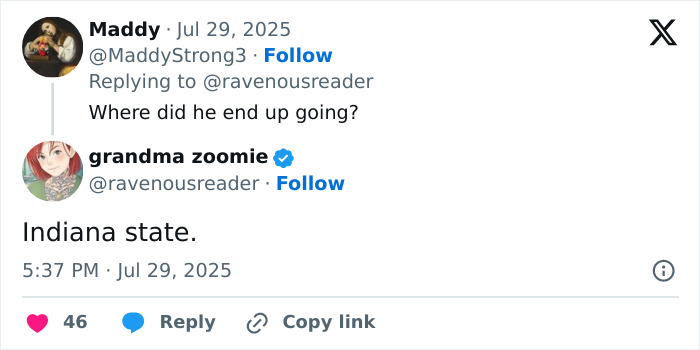
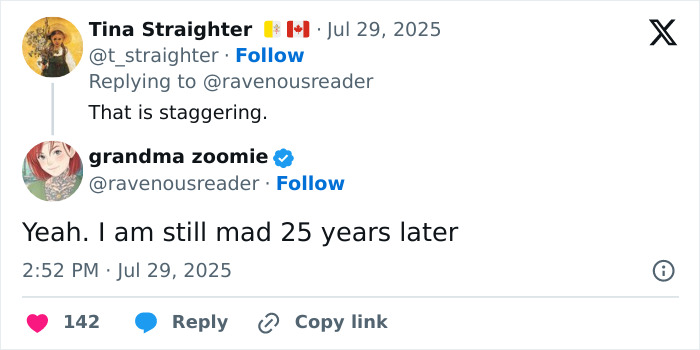
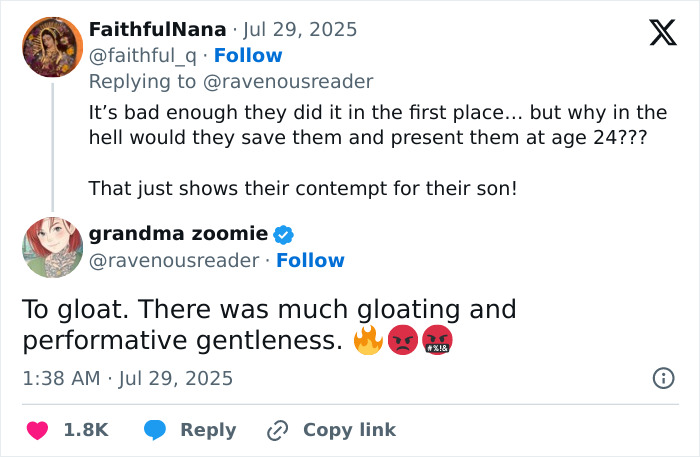
Narcissistic or authoritarian parents may withhold opportunities from their children
What could drive parents to do such a thing and prevent their child from having better chances in life? Some parents might believe that a 4-year college education simply isn’t worth it anymore, as a recent poll shows: 46% American parents say they would prefer not to send their children to a four-year college after high school.
For other parents, financial constraints might play a role. Even if their child receives a scholarship, it might not be enough to cover the living expenses for the four years of studying at an Ivy League college or West Point academy.
However, in this case, it seems that the parents just wanted to exercise control over their son and did it in one of the worst ways imaginable. Julie L. Hall, the author of The Narcissist in Your Life, writes that parents who sabotage their children are often narcissistic.
Such parents devalue their children, their interests and strengths. “Unless their children’s interests and strengths reflect their own values or give them bragging rights, narcissistic parents ignore or actively malign their kids’ passions,” Hall explains.
And this teen athlete wasn’t just your run-off-the-mill student. Yale has a 4.6% acceptance rate, Cornell’s was 7% in 2024, and the United States Military Academy in West Point, New York, has an acceptance rate of 12%. An athlete that gets scholarships from these kinds of schools is bound to be smart, even if their parents don’t think so.
Loving, supporting parents would never take away opportunities from their children. Unfortunately for this teen, his parents didn’t have the emotional maturity for that, and showed no remorse even when they came clean.
Parents should support their children in achieving their dreams and getting the best education that they can
However wild and heartbreaking this story may be, it begs us to ask the question: just how involved in their teens’ college scholarships/admissions process should parents be? Keith Moon, associate dean of Harvard’s Summer School Program, explains that this is the teen’s first adult decision. “It’s important to empower your children to make the decision that’s best for them, he says.
But what are some practical steps parents can take?
-
Help them discover their passion. Whether it’s a sport or a career in STEM, parents should their child to discover their career path for themselves. “We need to give them space to figure it out and to change, and encourage them along the way,” associate director of Harvard Crimson Summer Academy Joseph Walcott Lewis says.
-
Help them with scholarships. Whether that’s searching, applying, or keeping track of deadlines, requirements, and letters of application, parents can help their teens get the scholarships they want.
-
Keep them motivated. If the teen is feeling discouraged, parents can set up a reward system. Either treat them with a meal, updating their wardrobe, giving them time off during the weekend, offering extra allowance, or matching their scholarship dollars.
-
Don’t be a helicopter parent. Check in once a week or focus on key deadlines, but don’t micromanage. That can only aggravate and stress the student out more.
-
Take them on college tours. “Allowing the student to drive that process is a really good thing,” Harvard’s Summer School Program associate dean Keith Moon says. “This shouldn’t be mom or dad’s list of schools to see, it should be the student’s list.”
And, most importantly, be your teen’s cheerleader. Whatever path they decide to take and whichever school they choose, keep encouraging them throughout. The key thing is listening, It’s the most important thing a parent can do,” Moon believes.
Surprisingly, there were many others whose parents prevented them the best chance at higher education
